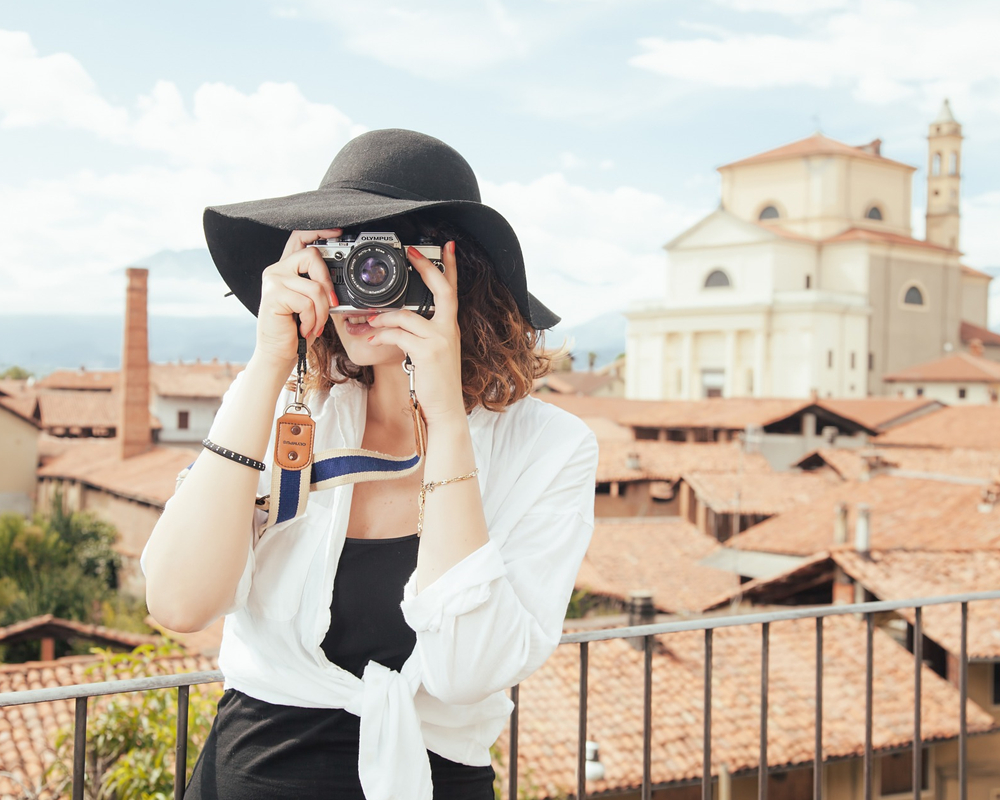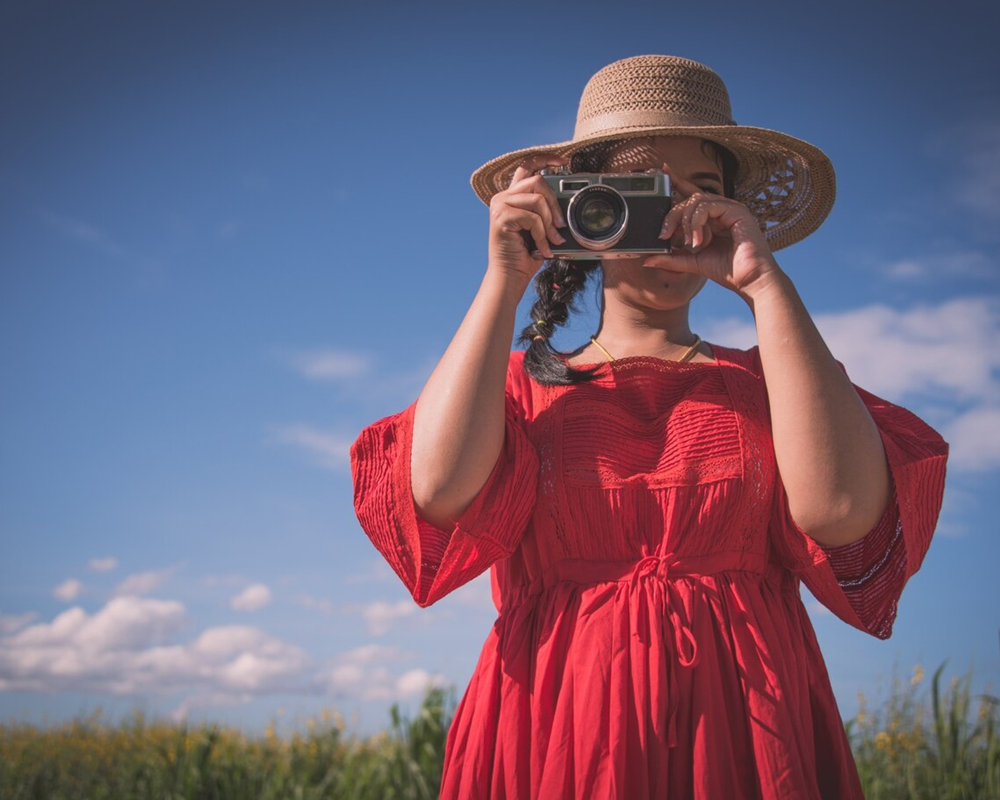The history of cameras dates back to the 11th century when the camera obscura was first conceptualized. This simple device allowed light to project an image of the outside world onto a surface, laying the groundwork for modern photography. Fast forward to the 19th century, when the invention of the daguerreotype made it possible to capture images on metal plates. This breakthrough sparked a passion for photography, making it accessible to the masses and allowing people to preserve moments in time.
Today, cameras come in various forms, each designed to cater to different needs and preferences. From compact point-and-shoot models to high-end DSLRs and mirrorless systems, there is a camera for everyone. Smartphones have further democratized photography, enabling anyone with a device to capture stunning images at a moment’s notice. This accessibility has led to a surge in amateur photographers, each eager to share their unique perspectives through social media platforms.
The impact of photography extends beyond personal memories; it plays a vital role in storytelling and journalism. Powerful images can evoke emotions, provoke thought, and inspire action. Iconic photographs, such as the haunting image of a young girl fleeing a napalm attack during the Vietnam War, have the power to change public opinion and shape historical narratives. In this sense, cameras serve as tools of social change, documenting the human experience in all its complexity.

Moreover, the rise of digital photography has introduced new avenues for creativity. Photographers can now experiment with editing software, blending traditional techniques with modern technology to produce stunning visual art. The ability to manipulate images opens up endless possibilities, allowing artists to express themselves in innovative ways.
As we navigate a world saturated with images, the role of the camera remains crucial. It encourages us to pause and reflect, to appreciate the beauty in our surroundings, and to capture fleeting moments that might otherwise be forgotten. Whether it’s a breathtaking landscape, a candid shot of friends laughing, or a quiet moment of solitude, each photograph tells a story worth sharing.
In conclusion, cameras are more than mere devices; they are instruments of connection, creativity, and history. They allow us to document our lives and share our perspectives with the world, reminding us of the beauty and complexity of the human experience. As technology continues to advance, the magic of cameras will undoubtedly evolve, but their ability to capture moments will always remain timeless.
